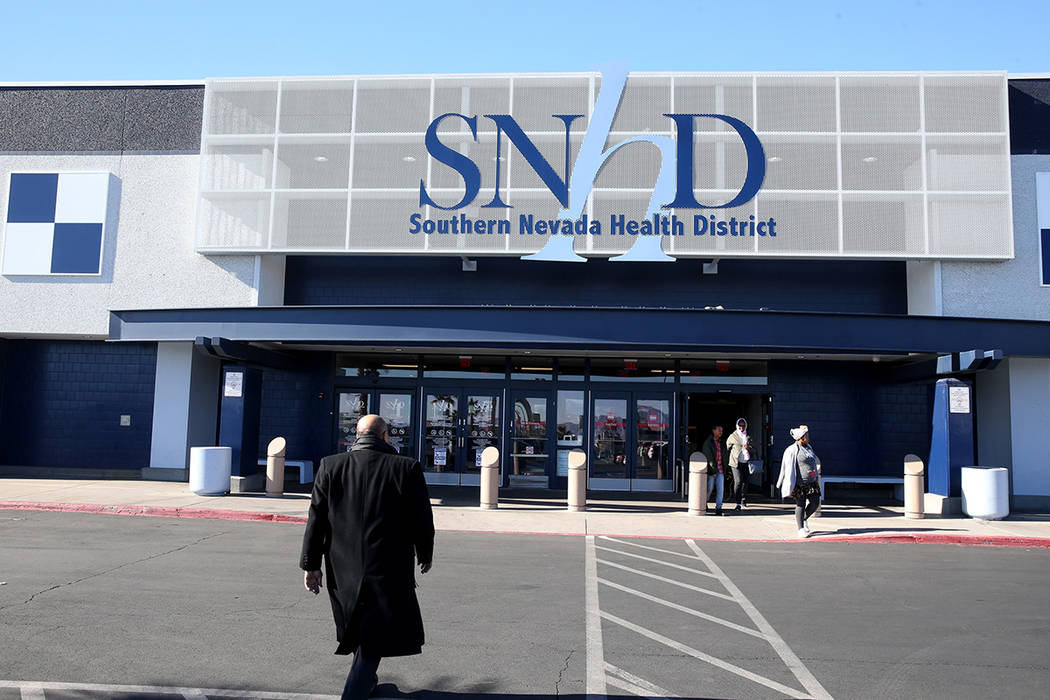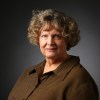Southern Nevada Health District to offer free HIV testing
The Southern Nevada Health District will offer free HIV testing on Thursday, National HIV Testing Day.
The free rapid testing will be 8 a.m. to 3:30 p.m. at the health district’s Sexual Health Clinic, 280 S. Decatur Blvd., according to a health district news release.
Las Vegas partners with the health district also will participate in the free rapid testing day. For testing hours, contact each location:
AFAN (Aid for AIDS of Nevada)
1830 E. Sahara Ave., Suite 210; 702-382-2326; afanlv.org
AIDS Healthcare Foundation
3201 S. Maryland Parkway, Suite 218; 702-862-8075; aidshealth.org
Community Counseling Center
714 E. Sahara Ave.; 702-369-8700; cccofsn.org
The Gay and Lesbian Center of Southern Nevada (The Center)
401 S. Maryland Parkway; 702-733-9800; TheCenterLV.org
The Center has free HIV testing services, 10:30 a.m. to 5 p.m., Monday through Thursday.
Trac-B Exchange
6114 W. Charleston Blvd.; 702-840-6693; harmreductioncenterlv.com
In addition to rapid HIV testing, patients have access to the health district’s Rapid stART, a program that connects them to a medical provider and lets them begin antiretroviral treatment. To participate or refer a patient, call 702-234-0429.
Other health district services include confidential HIV testing, counseling, case management and referrals. For more information, call 702-759-0702 or visit the clinic’s website at www.SNHD.info.
The Centers for Disease Control and Prevention recommends everyone between the ages of 13 and 64 be tested at least once. It also recommends annual testing for those who may be at high risk of infection.























